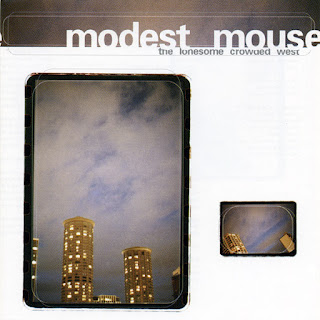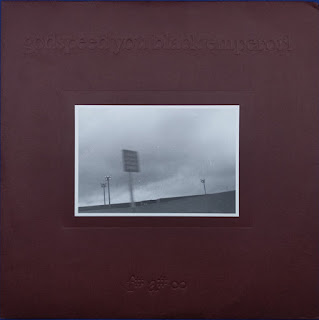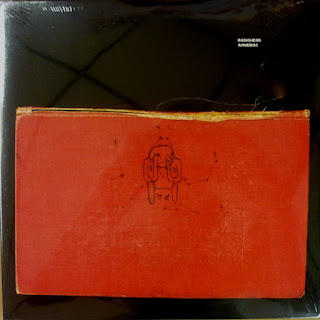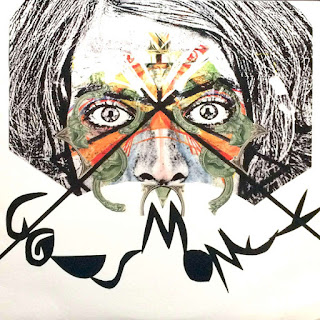Alex G - House Of Sugar (Album Review)
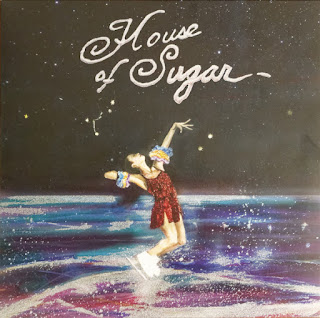
Alex G - House Of Sugar (2019) My copy: 2019 press on purple vinyl with additional 7” by Domino. While 2017’s Rocket proved to be a controversial shift for Alex Giannascoli, 2019’s House Of Sugar came as a half-hearted attempt to bridge the gap between old and new . House Of Sugar does contain a few great tracks, but its second half feels like a bloated and desperate attempt to reconnect with his singer/songwriter roots. Digitally stretched vocal moans open the album on “Walk Away” which makes impressive use of layering to build walls of reversed instrumentals, piano melodies and repetitive vocals; the only issue being that nothing interesting happens with the structure of the song. “Hope” is probably the best of the singer/songwriter tracks with heightened emotion being that it was written about the passing of a close friend. “Southern Sky” introduces a fun piano rhythm that promptly fades away and is never heard again, instead replaced for more Rocket era alt-country ...
